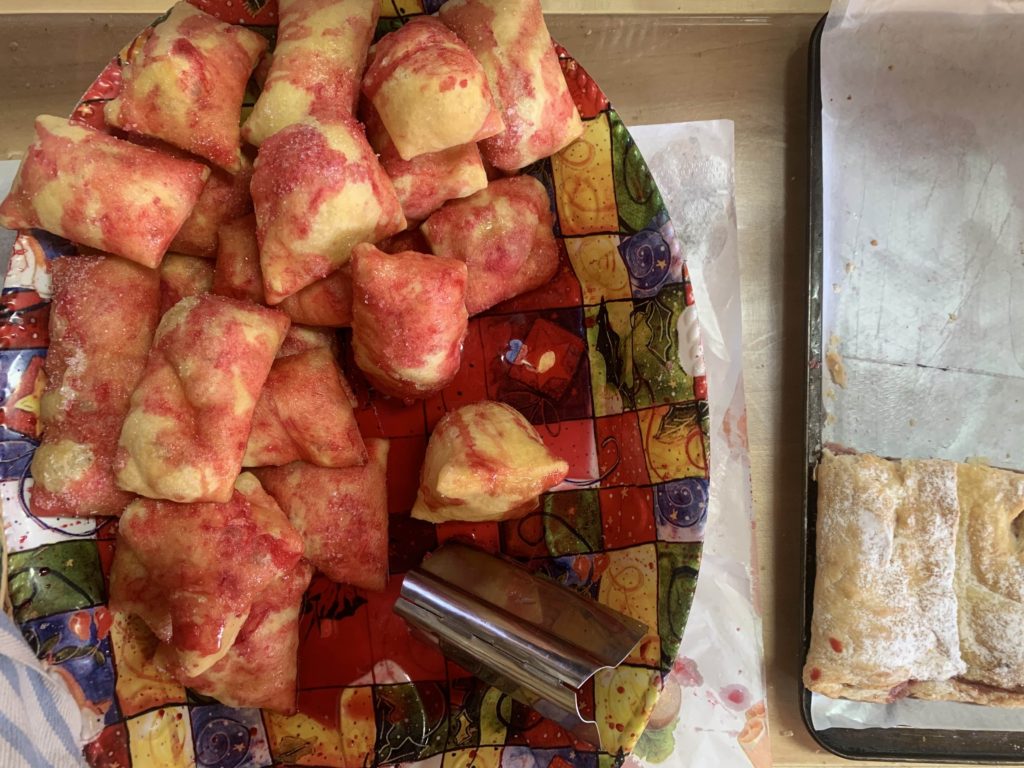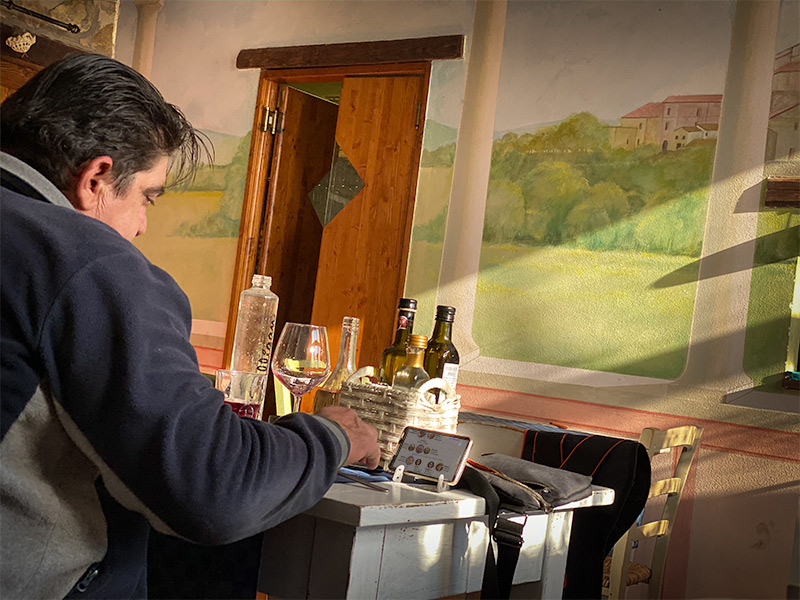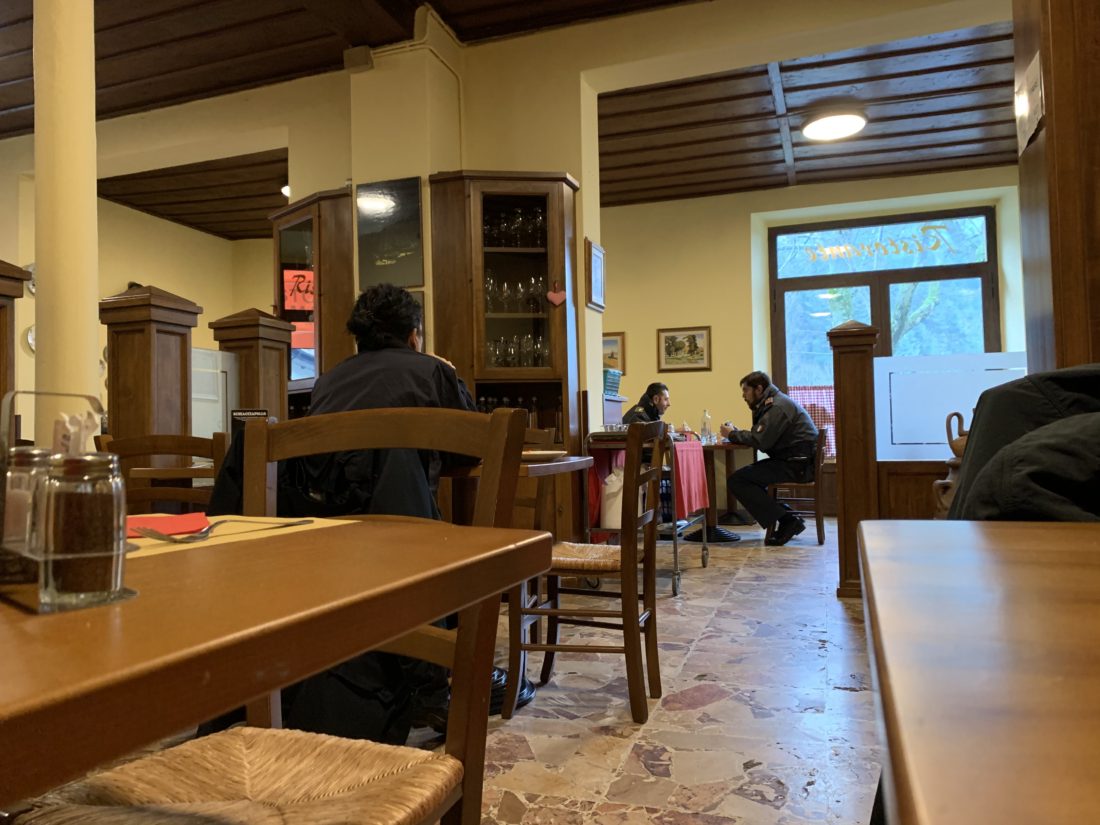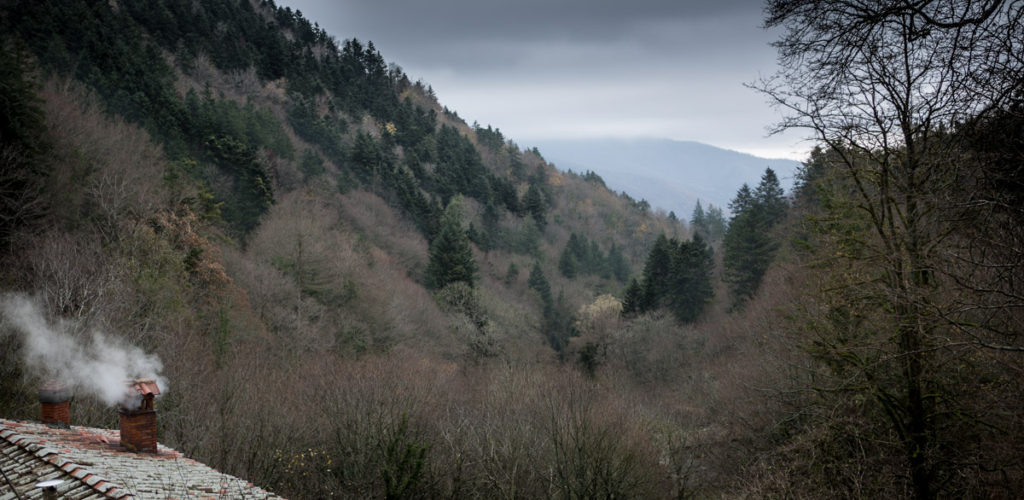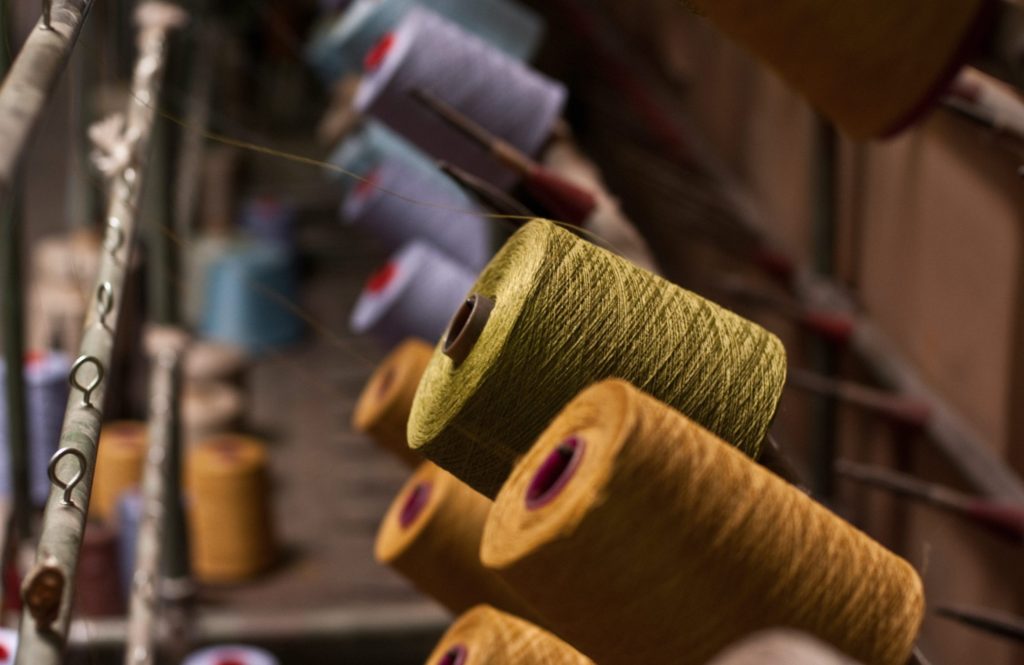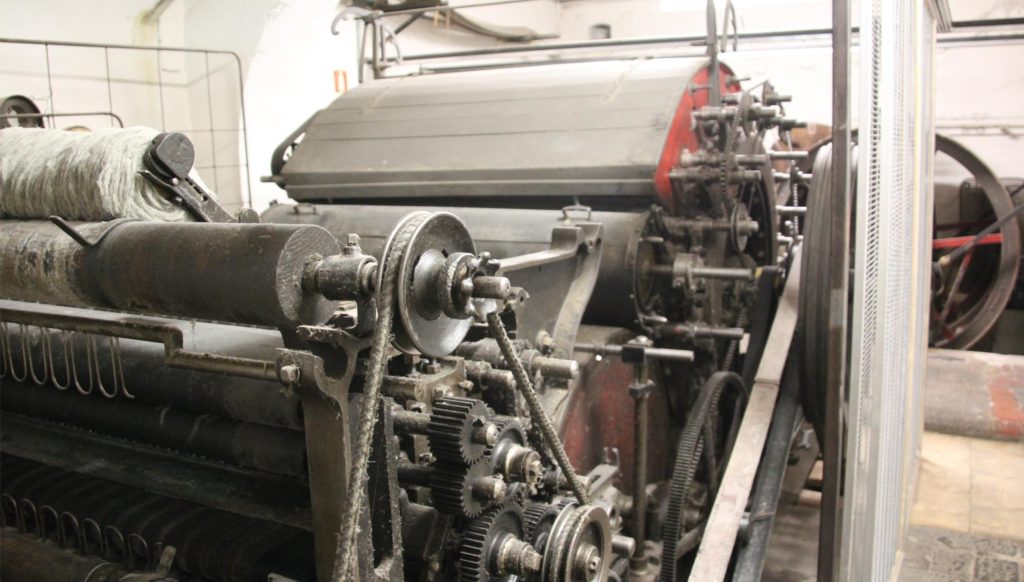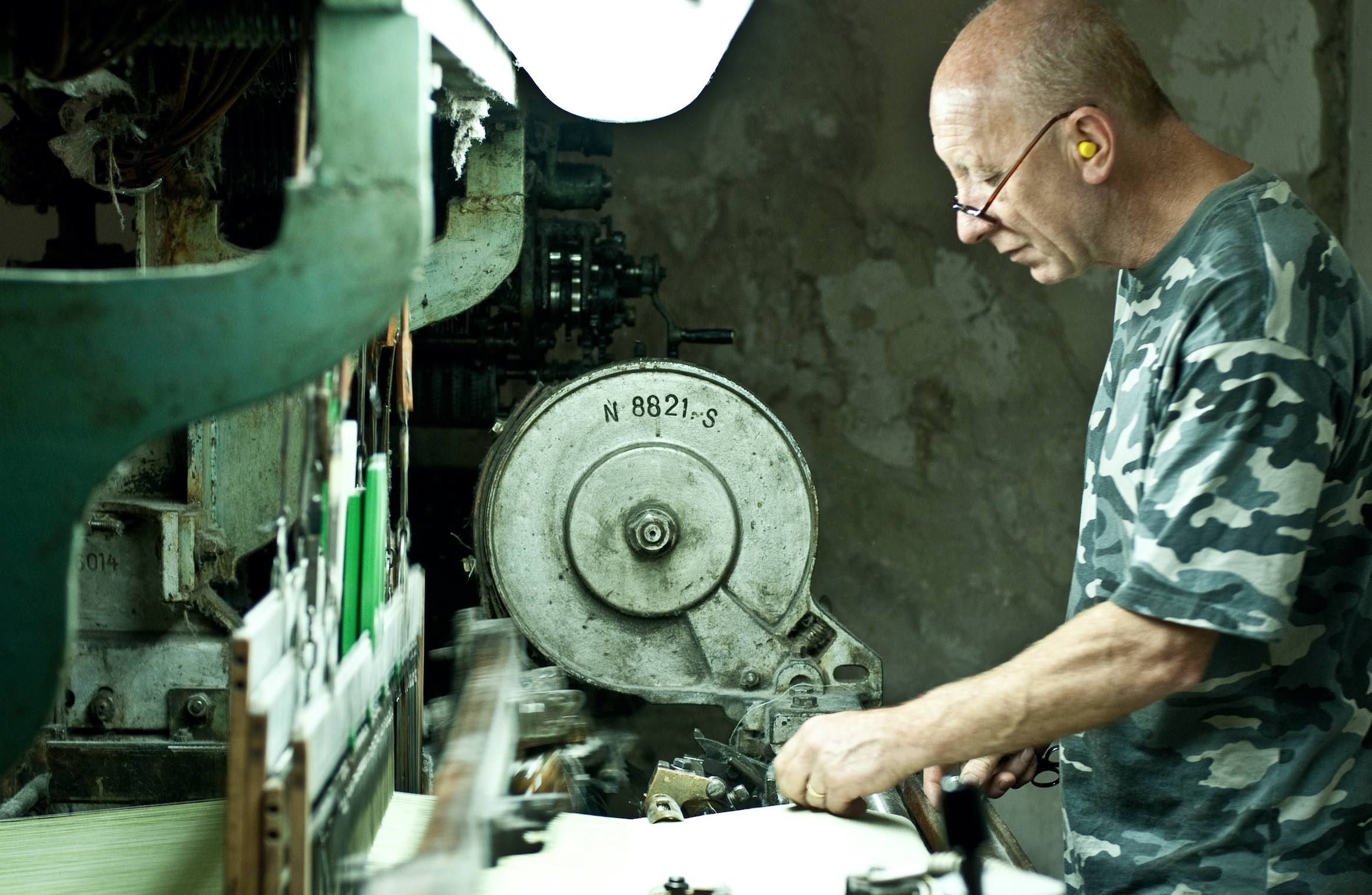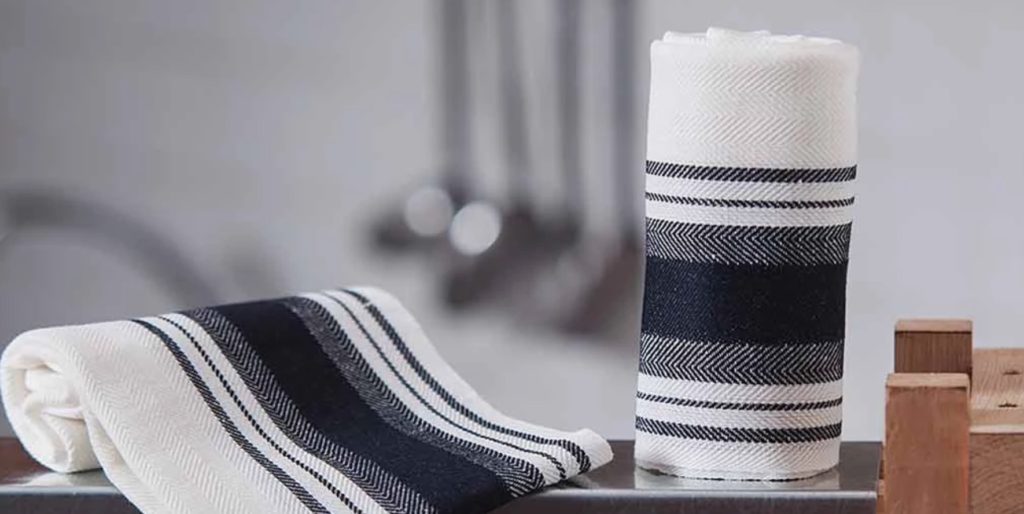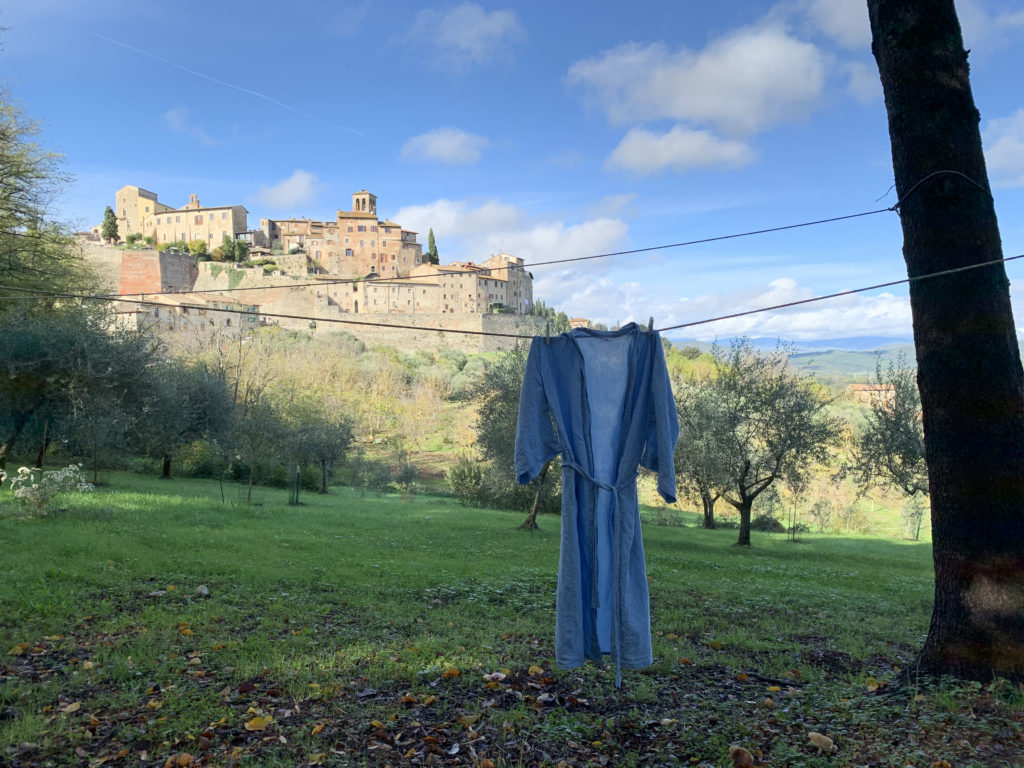Sunday wasn’t like Sunday
What’s it like in Italy as quarantine begins to lift?
Let me tell you what didn’t happen last Sunday. It was May 3rd and our village did not celebrate one of its most important festivals, Festa del Santissimo Crocifisso, which dates back for no one knows how many centuries. In the morning the wooden crucifix from the 1300s was left in place and not carried through the streets. The members of the Misericordia, the largely volunteer group that was founded in the 1200s to care for plague victims — still at the frontline of healthcare providing paramedics and ambulances — did not dress in their black hooded robes and slowly process through the village.
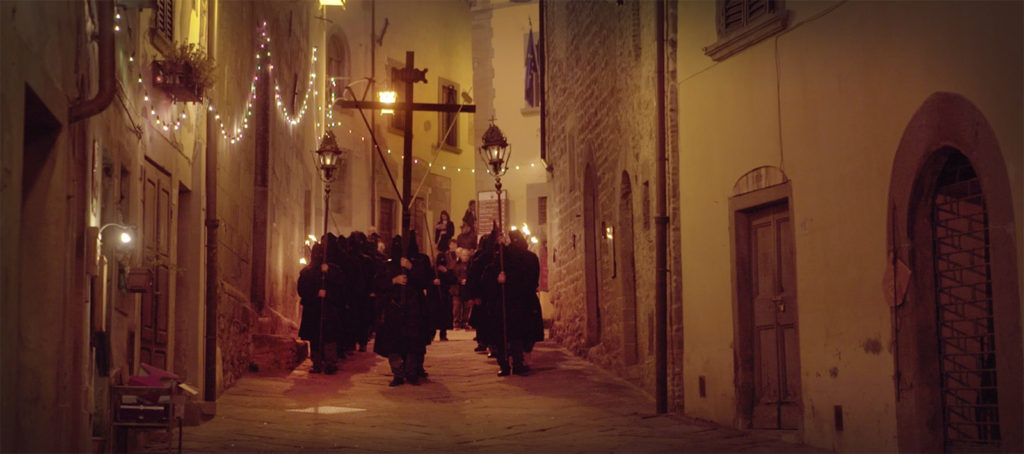
Grandmothers did not create intricate designs with flower petals on the cobblestones to celebrate the confirmation of this year’s crop of young Catholics who did not dress all in white and disperse the flowers with their feet as they walked down the steep street after their First Communion. There were no celebratory Sunday lunches with extended family.
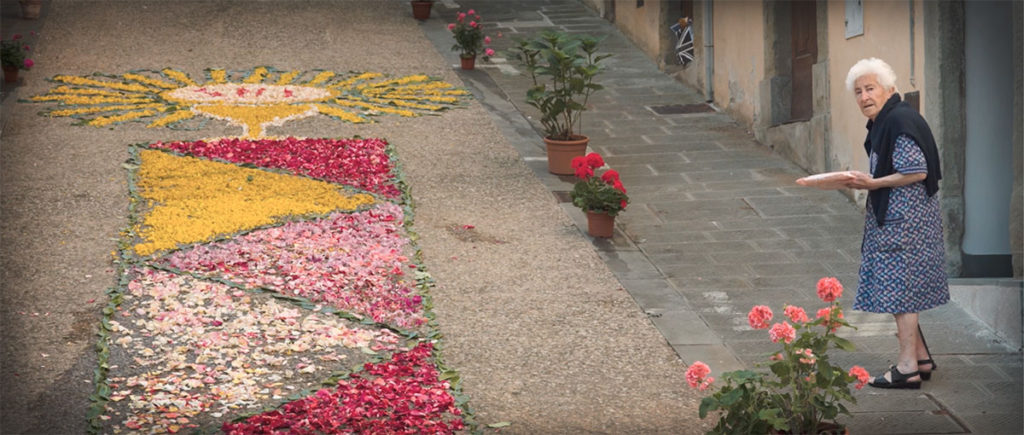
The antique, hand painted tombola board was not wheeled into the square next to the temporary stage to get ready for the evening. Dusk fell as usual but hundreds of villagers did not crowd the square to await the tombola, a bingo-like game with a winning prize of 1,200€.
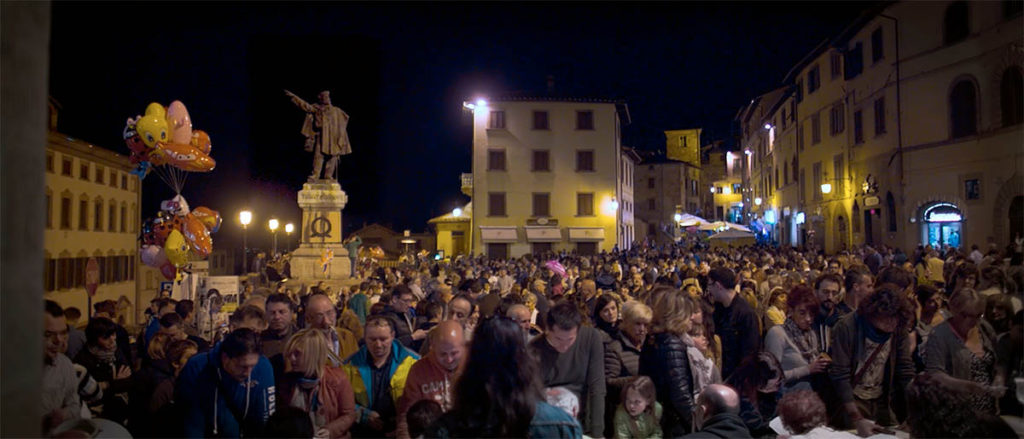
The numbers of 1-100 were not read aloud over the creaky loudspeaker, each number verified by a child who is deemed beyond corruption, before being carefully rolled up and placed in a glass container to be randomly drawn. No one had the winning card and no one won the backup prize, which is often a prosciutto. The Misericordia did not receive the proceeds from the annual fundraiser.
There were no fireworks afterwards. No young loves, eager for summer, sharing kisses. No grandparents watched the sky, wondering if this fireworks show might be their last.
It was not like May 3rd at all.
But things did happen. Families went outside to exercise for the first time in two months with masks and a hall-pass of a self-declared permission slip in hand. A little girl learned to ride her bicycle on a gravel road. Tractors worked the fields overtime plowing under young fava bean cover crops to get ready to plant the tobacco. People debated the word congiunto, which the government said is OK to visit, but only in one’s own region. It means co-joined, kin, but Italians don’t agree on what kind of relationship it actually covers. Does it extend new boyfriends or distant in laws? Memes were created and shared. The seriousness of relationships questioned.

Searching for a kin at the beach…
The first poppies appeared. Once again mushroom hunters went out to forage. Builders and factory workers rested after their first week back on the job. The cuckoos are having their brief stopover on their way to Africa. The two mockingbirds on either side of our house compete for girl birds from dark until well into daylight joined by the roosters a few hours before dawn. Que es mas macho, rooster o mockingbird? to pose Laurie Anderson’s question.
And my Sunday? Cooked, ate, walked, and tried to figure out why my mood is dropping as the quarantine is lifting. The lockdown was so binary. There was life before and now a completely altered state. The rules were clear. It was hard and sharp and clean, without ambiguity. I didn’t try to picture what comes after. Now I am realizing how difficult the “after” will be. So many shades of gray. The sense of fear and constant assessment of possible paths to exposure. The damage assessment of local businesses. The different tolerances for risk in every family and the frictions and discussions about everyone’s behaviors as individual actions so profoundly affect the group.
And the loss. Of innocence. Of freedom. Of spontaneity. Of gathering. We will adapt, because we do, and we will find joy and life in this interim period, because we must. This gives me hope and I am humbled to be here, in my village, among the Italians who are some of the most joyful and filled with life people in the world. Their example of nearly universal support for the quarantine has been humbling. That sometimes you pull together and do what is necessary to protect others an inspiration. I am a willing student to see how they create what comes next.
Que es mas macho? Virus o una nonna?


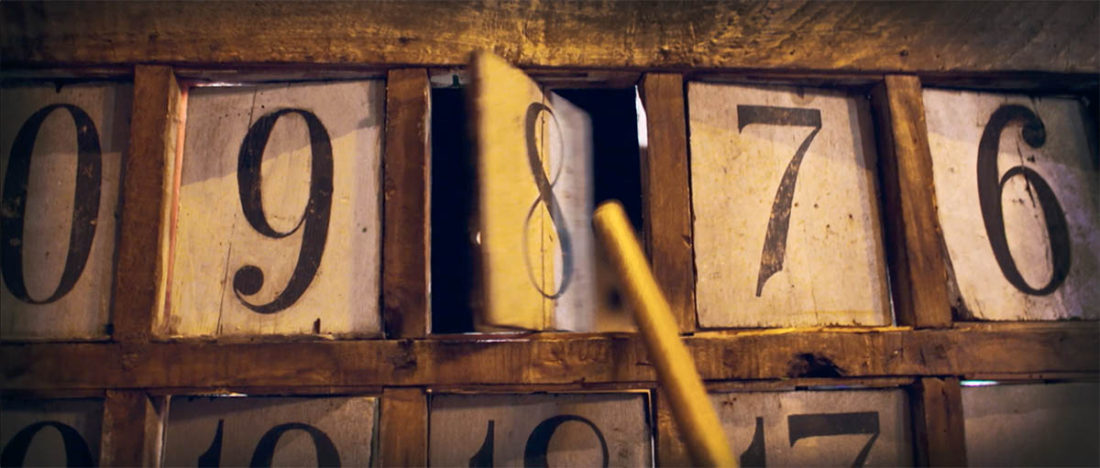




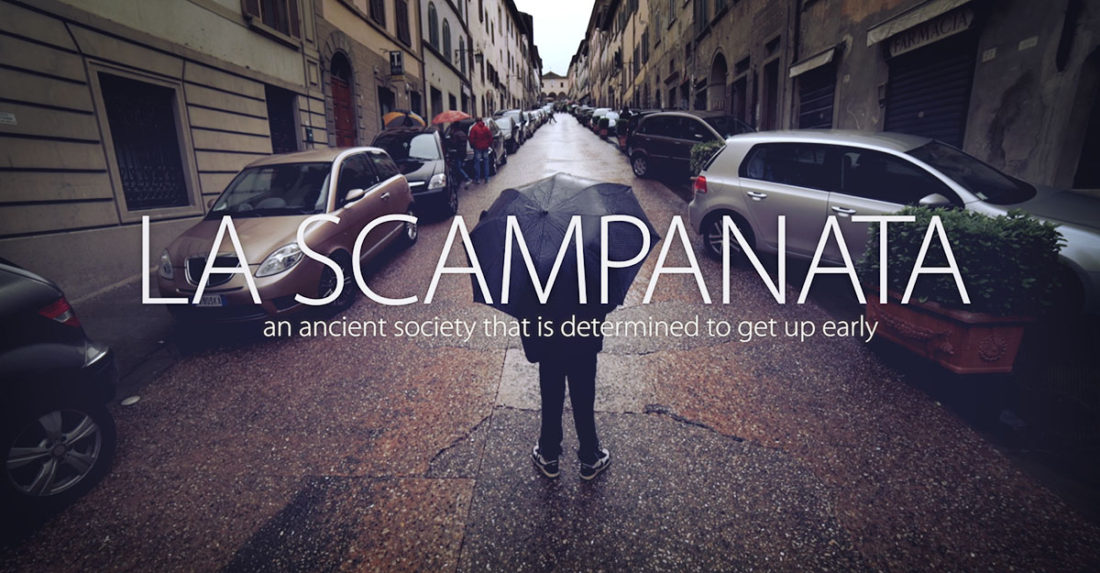
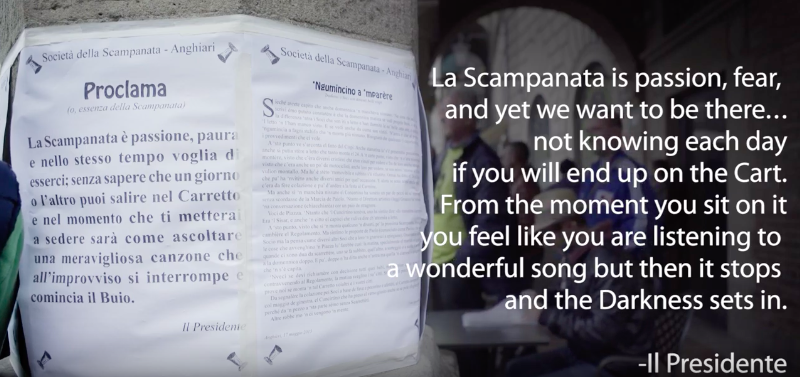
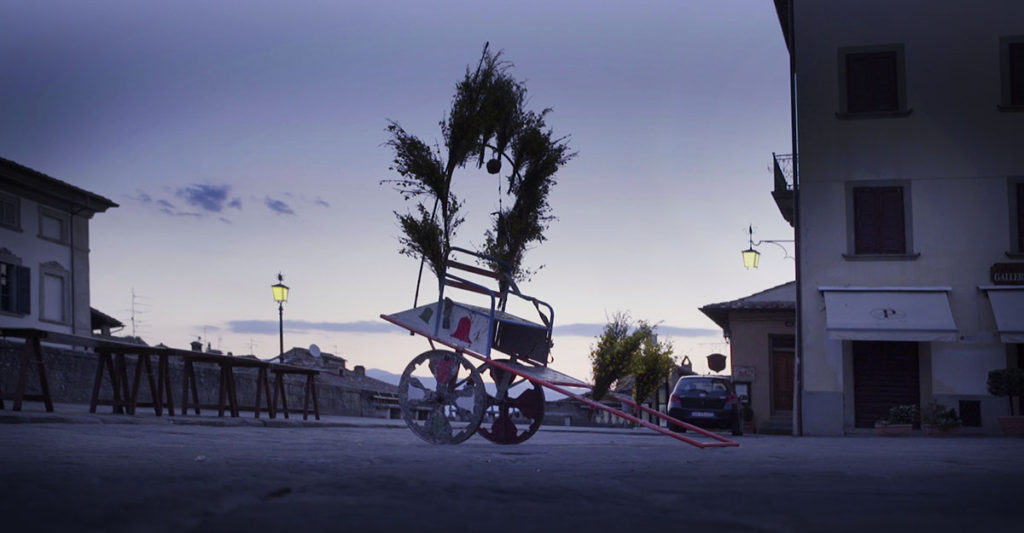

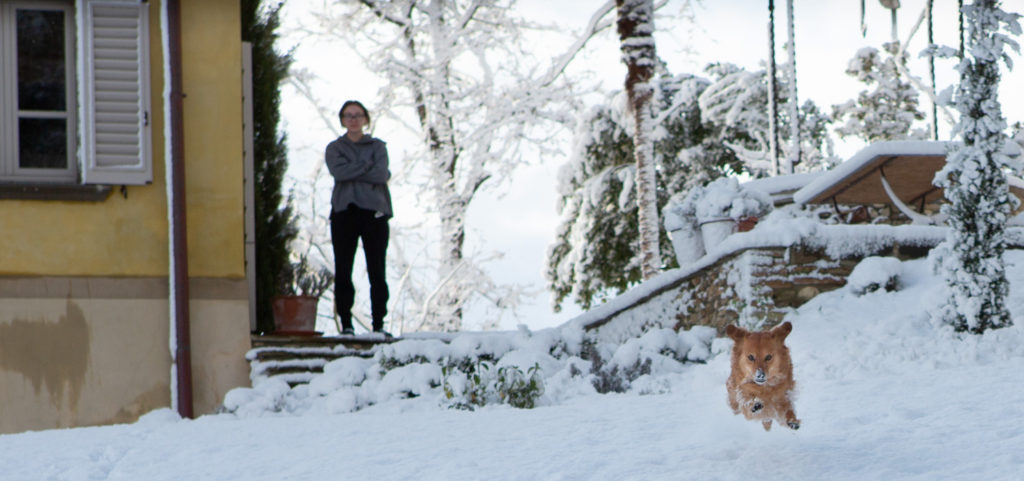
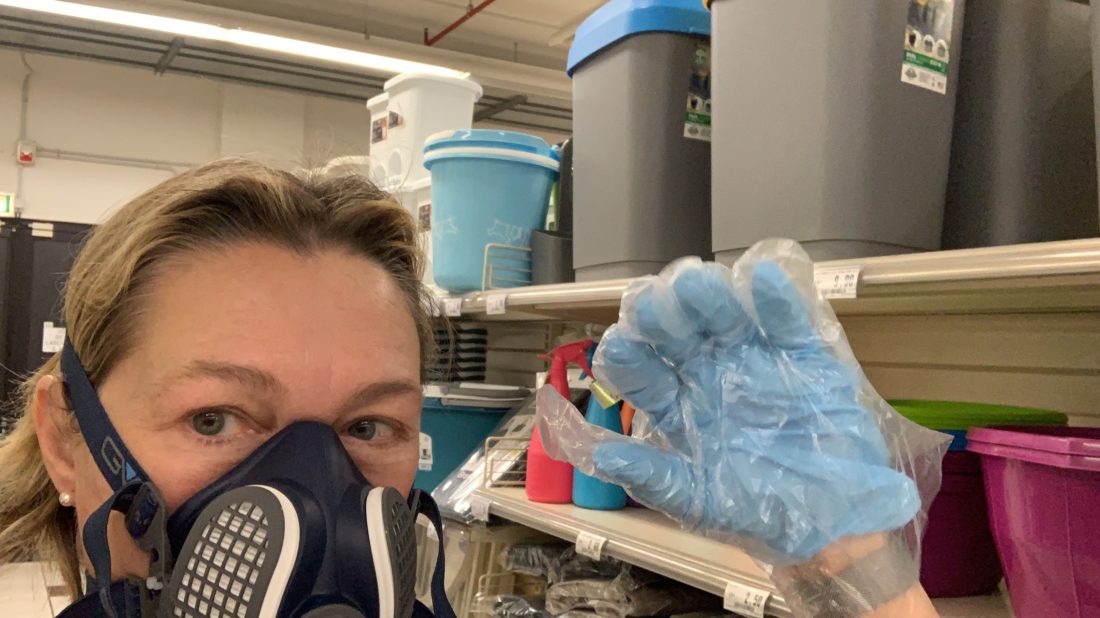


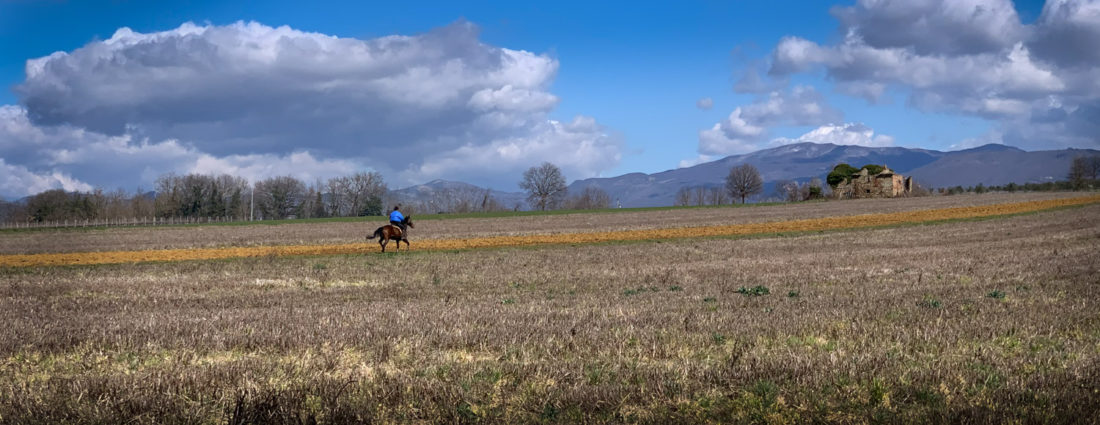
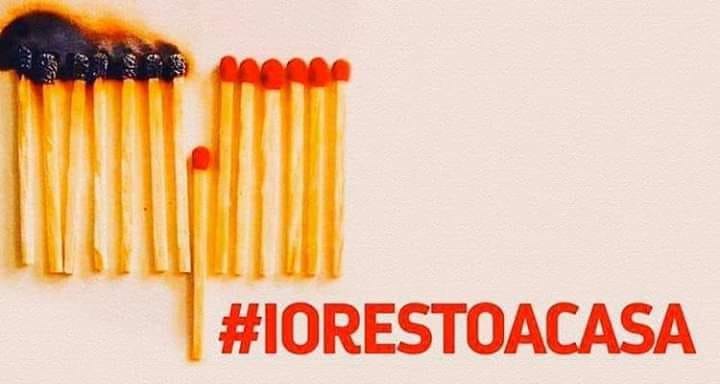
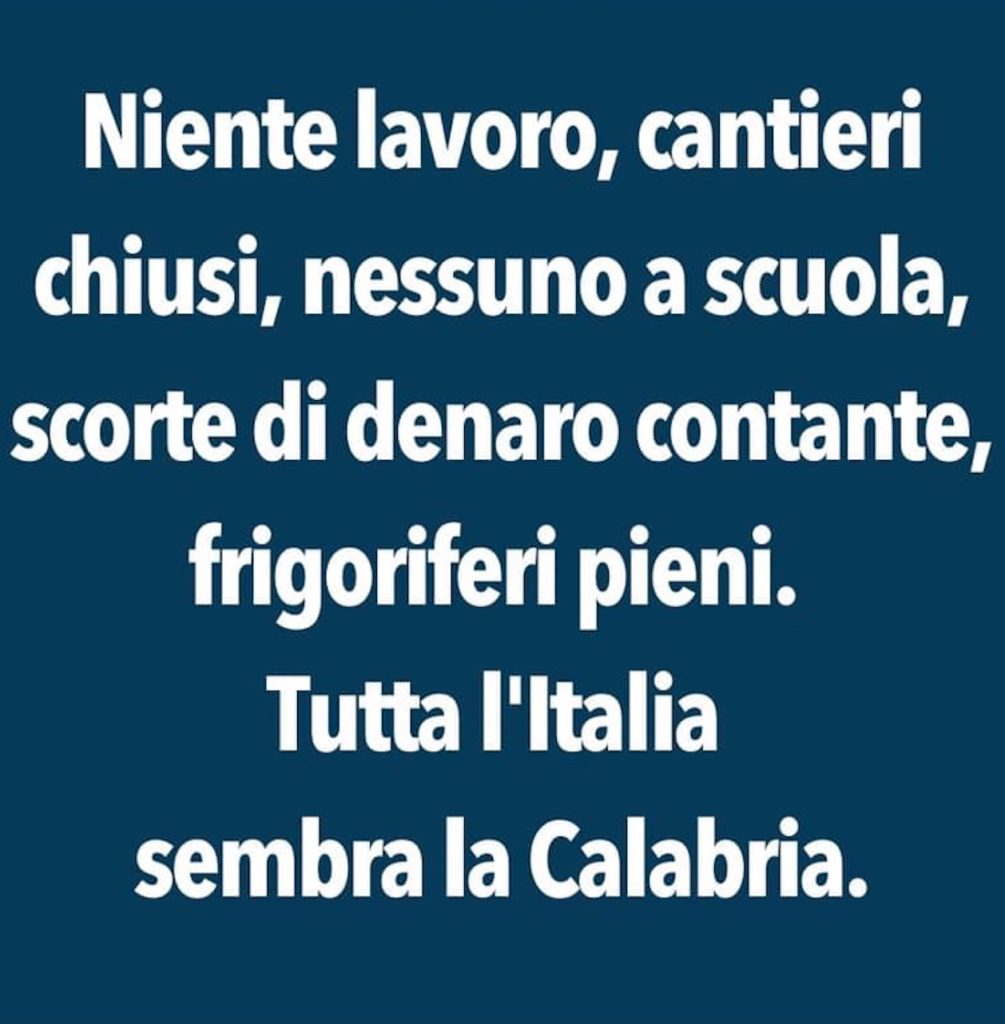

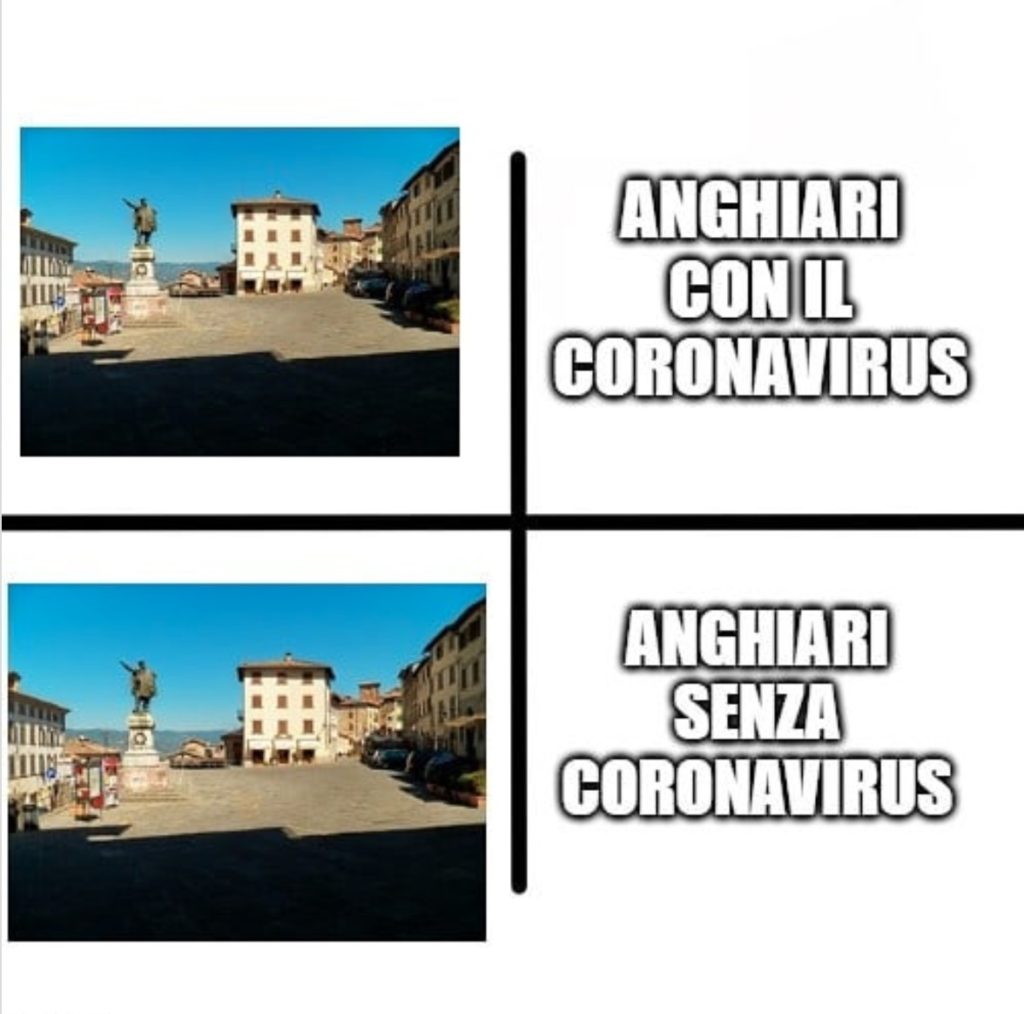

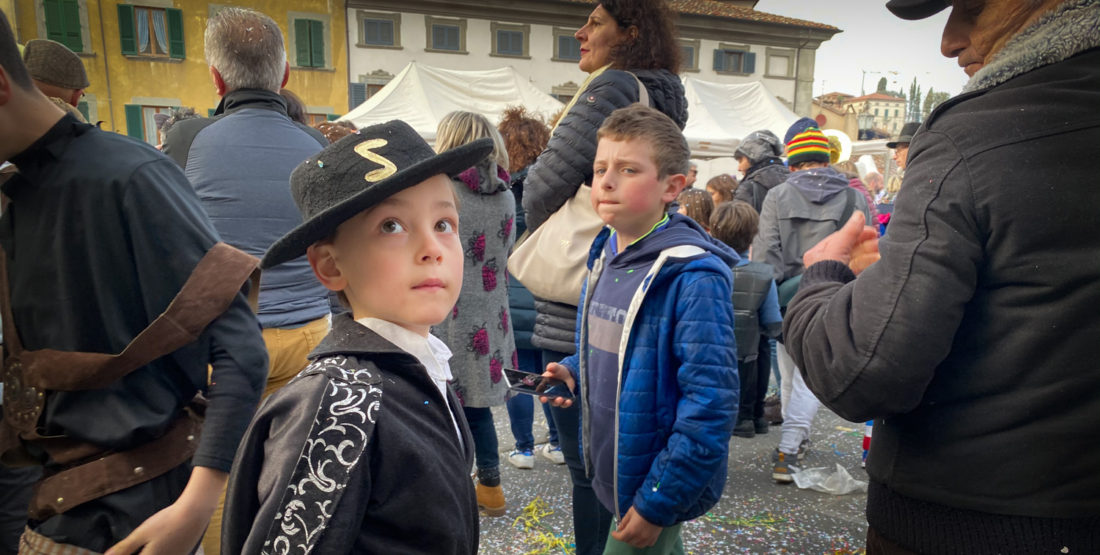
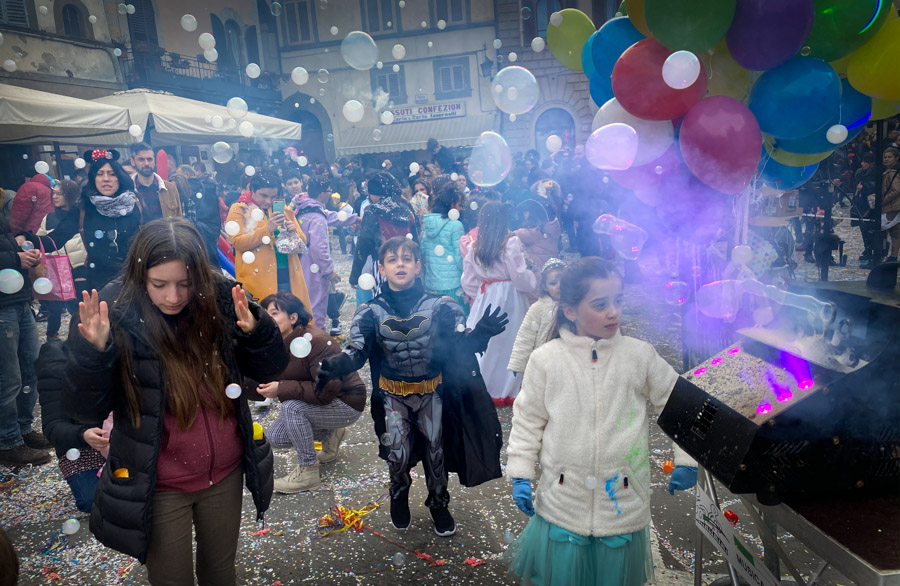
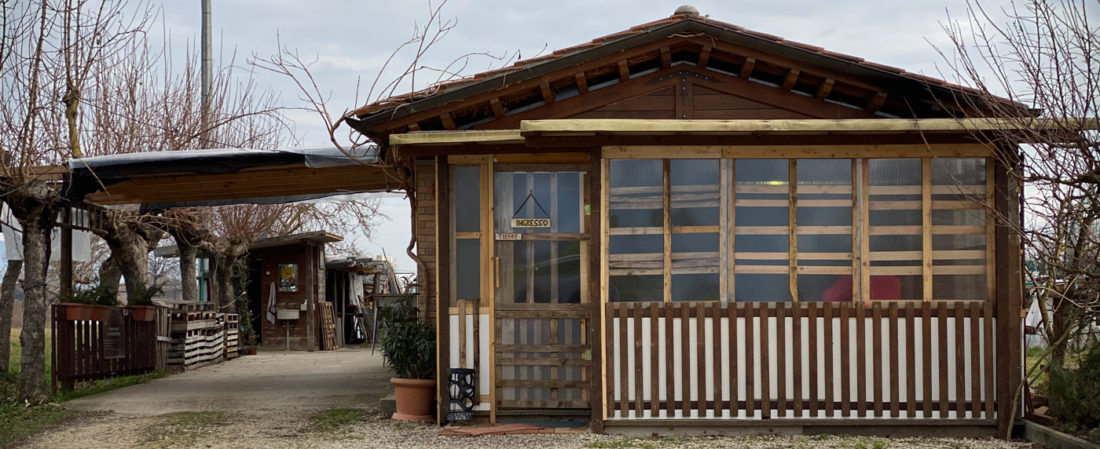

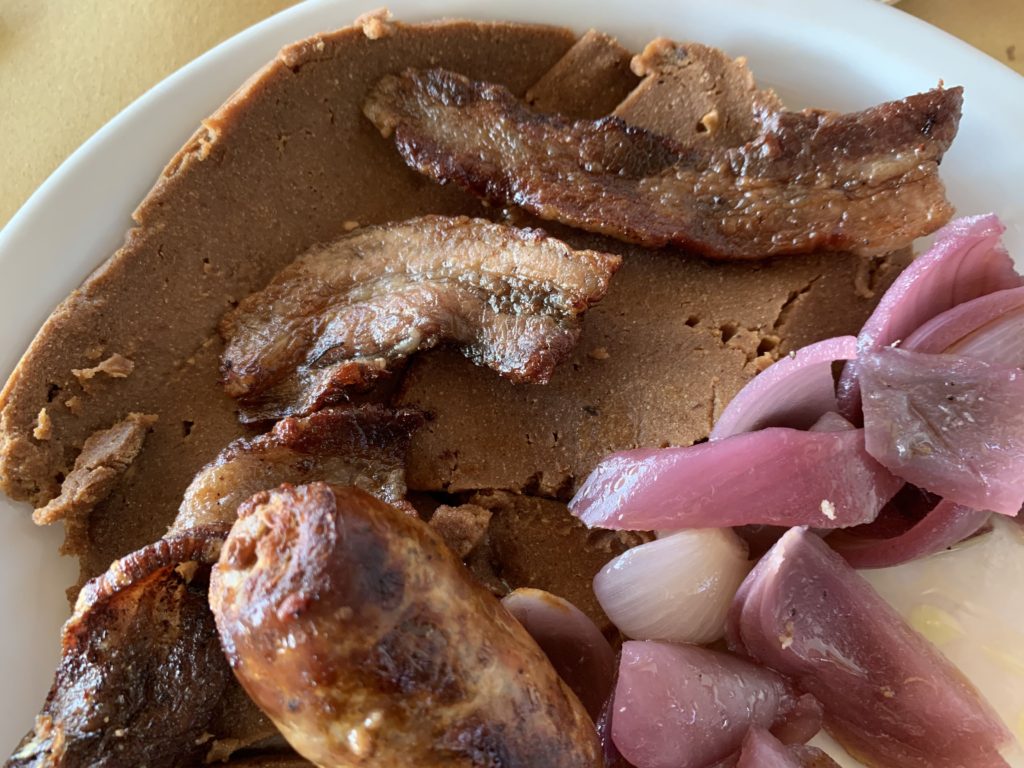 The sausage and pancetta from the pig were delicious, as were the onions. The chestnut polenta was not as bad as expected, much better than the castagnaccio dessert, even though it had a strong resemblance to Play Dough gone wrong. But I did not opt for the sweet version of the chestnut polenta, served with ricotta, for dessert. Instead I ordered the classic ramp up to carnevale and Lent Tuscan dessert, castagnole, which are bits of dough that are fried and around here often stained with runny dark red sugar (Christ’s blood?).
The sausage and pancetta from the pig were delicious, as were the onions. The chestnut polenta was not as bad as expected, much better than the castagnaccio dessert, even though it had a strong resemblance to Play Dough gone wrong. But I did not opt for the sweet version of the chestnut polenta, served with ricotta, for dessert. Instead I ordered the classic ramp up to carnevale and Lent Tuscan dessert, castagnole, which are bits of dough that are fried and around here often stained with runny dark red sugar (Christ’s blood?).